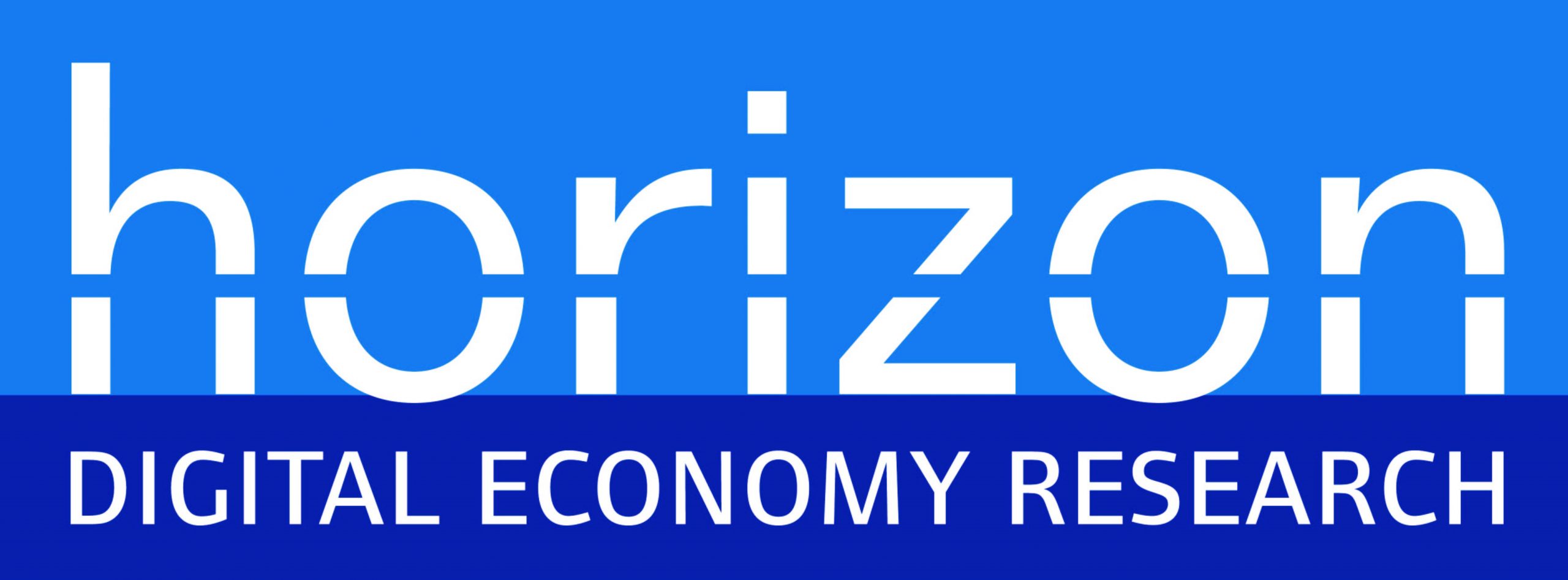The following four areas were discussed during two half day workshops and project proposals are currently under development:
Brain and Body Controlled Media: Despite interactive film becoming more mainstream – now available on streaming services and online – the central interaction has mostly remained unchanged since the 1960s, that of the viewer actively making decisions for the central character to progress the plot. Adaptive cinema has the potential to address the issues of ludo-narrative dissonance by utilising passive methods of control to create personalised narrative experiences.
Online Festivals: As a result of the COVID pandemic almost all live cultural events have been cancelled in the UK since March 2020, due to the closure of venues and social distancing requirements, including a vast array of music, theatre, comedy, art, dance, community and film festivals. In order to keep presenting work, creative producers and organisations have turned to alternative digital delivery in order to reach audiences during this time.
Storytelling – Grow you own Adventure: augmented, participative storytelling experiences.
The Story Bridge: Film production companies rely on a complex and unpredictable relationship to the market to conduct their activities. Whilst producers often struggle to recoup sunk costs on any specific project, public demand may, sometimes, exceed expectation – the rare ‘hits’ on which the industry depends. But, critically, such outcomes are not ‘demand-led’ in that available market research has no useful predictive value regarding ultimate box office performance. Without reliable predictive models, producers occupy the greatest risk position as they are often solely responsible for developing and delivering a film project.

